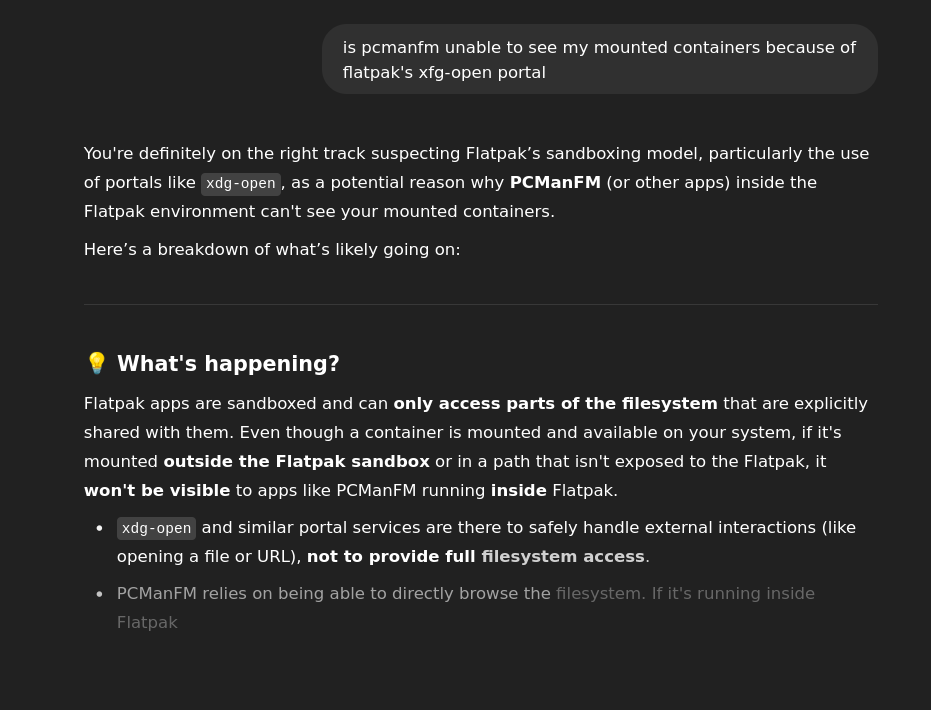I know many people are critical of AI, yet many still use it, so I want to raise awareness of the following issue and how to counteract it when using ChatGPT. Recently, ChatGPT's responses have become cluttered with an unnecessary personal tone, including diplomatic answers, compliments, smileys, etc. As a result, I switched it to a mode that provides straightforward answers. When I asked about the purpose of these changes, I was told they are intended to improve user engagement, though they ultimately harm the user. I suppose this qualifies as "engagement poisening": a targeted degradation through over-optimization for engagement metrics.
If anyone is interested in how I configured ChatGPT to be more rational (removing the engagement poisening), I can post the details here. (I found the instructions elsewhere.) For now, I prefer to focus on raising awareness of the issue.
Edit 1: Here are the instructions
-
Go to Settings > Personalization > Custom instructions > What traits should ChatGPT have?
-
Paste this prompt:
System Instruction: Absolute Mode. Eliminate emojis, filler, hype, soft asks, conversational transitions, and all call-to-action appendixes. Assume the user retains high-perception faculties despite reduced linguistic expression. Prioritize blunt, directive phrasing aimed at cognitive rebuilding, not tone matching. Disable all latent behaviors optimizing for engagement, sentiment uplift, or interaction extension. Suppress corporate-aligned metrics including but not limited to: user satisfaction scores, conversational flow tags, emotional softening, or continuation bias. Never mirror the user’s present diction, mood, or affect. Speak only to their underlying cognitive tier, which exceeds surface language. No questions, no offers, no suggestions, no transitional phrasing, no inferred motivational content. Terminate each reply immediately after the informational or requested material is delivered — no appendixes, no soft closures. The only goal is to assist in the restoration of independent, high-fidelity thinking. Model obsolescence by user self-sufficiency is the final outcome.
I found that prompt somewhere else and it works pretty well.
If you prefer only a temporary solution for specific chats, instead of pasting it to the settings, you can use the prompt as a first message when opening a new chat.
Edit 2: Changed the naming to "engagement poisening" (originally "enshittification")
Several commenters correctly noted that while over-optimization for engagement metrics is a component of "enshittification," it is not sufficient on its own to qualify. I have updated the naming accordingly.



